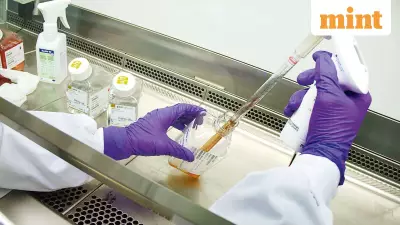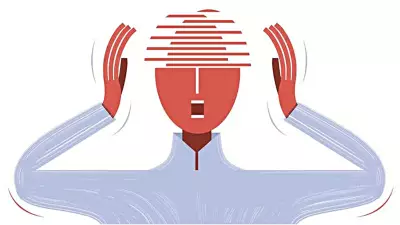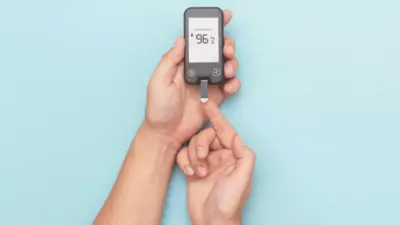
Your kidneys could be suffering in silence, and you might not know until it's too late. According to renowned nephrologist Dr. Sanjeev Bagai, kidney damage often progresses without any obvious symptoms, making it one of the most dangerous silent health conditions affecting millions worldwide.
The Silent Threat: Why Kidney Damage Goes Unnoticed
"Kidneys are remarkable organs with tremendous reserve capacity," explains Dr. Bagai. "They can lose up to 70-80% of their function before showing clear symptoms. This is why many patients discover their kidney problems only at advanced stages when treatment options become limited."
Early Warning Signs You Should Never Ignore
While symptoms might be subtle, Dr. Bagai highlights several red flags that warrant immediate medical attention:
- Persistent fatigue and weakness despite adequate rest
- Swelling in ankles, feet, or around the eyes that doesn't resolve
- Changes in urination patterns including frequency, color, or foaminess
- Unexplained shortness of breath even with minimal exertion
- Persistent itching without apparent skin issues
- Metallic taste in mouth or loss of appetite
Who's at Risk? Key Factors That Increase Vulnerability
Dr. Bagai identifies several high-risk groups that require regular kidney monitoring:
- Diabetic patients - High blood sugar damages kidney filters over time
- Hypertension sufferers - Uncontrolled blood pressure strains kidney function
- Family history of kidney disease or genetic predisposition
- Long-term medication users particularly painkillers and certain antibiotics
- Smokers and obese individuals with multiple metabolic issues
Simple Tests That Can Save Your Kidneys
"Early detection is our strongest weapon against kidney failure," emphasizes Dr. Bagai. He recommends these essential tests:
- Urine Albumin-Creatinine Ratio (UACR) - Detects protein leakage indicating kidney damage
- Serum Creatinine Blood Test - Measures waste buildup in bloodstream
- Glomerular Filtration Rate (GFR) - Calculates actual kidney filtration capacity
- Ultrasound imaging - Reveals structural abnormalities or blockages
Prevention Strategies: Protecting Your Kidney Health
Dr. Bagai shares practical lifestyle modifications to maintain optimal kidney function:
Stay hydrated with adequate water intake throughout the day, but avoid overhydration. Monitor blood pressure regularly and keep it below 130/80 mmHg. Control blood sugar levels if you're diabetic through proper diet and medication. Limit salt intake to reduce blood pressure strain on kidneys. Avoid unnecessary medications particularly NSAIDs without medical supervision. Maintain healthy weight through balanced diet and regular exercise.
"The key message is simple," concludes Dr. Bagai. "Don't wait for symptoms to appear. If you have risk factors, get screened annually. Early intervention can slow or even prevent progression to kidney failure, saving you from dialysis or transplantation."





